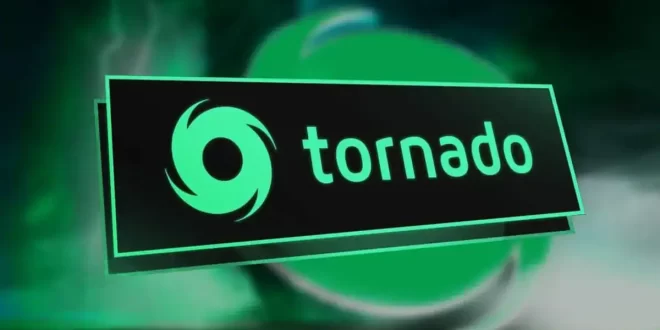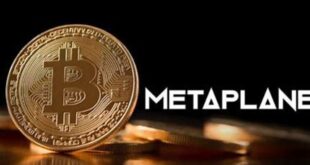Tornado Cash Wins Legal Battle: Court Overturns Sanctions, Token Price Surges
Victory for Privacy: U.S. Court Strikes Down Sanctions on Tornado Cash
Tornado Cash Defeats U.S. Sanctions in Landmark Ruling, Token Surges
U.S. Court Overturns Sanctions on Tornado Cash, Sparks Surge in Token Value
A U.S. District Court in the Western District of Texas has overturned sanctions previously imposed on the decentralized crypto-mixing platform Tornado Cash. The sanctions, enforced by the U.S. Treasury’s Office of Foreign Assets Control (OFAC) in 2022, were based on allegations that the platform was used by North Korea’s Lazarus Group to launder stolen cryptocurrency. Following the court’s decision, Tornado Cash’s native token, TORN, saw a massive price jump, rising over 140% from $9.50 to more than $23.
At the heart of the case was Tornado Cash’s underlying technology—smart contracts that are decentralized and cannot be controlled by any single individual or entity. The court ruled that these smart contracts do not qualify as property under the International Emergency Economic Powers Act (IEEPA), the law used by OFAC to impose sanctions. Since the smart contracts are immutable and autonomous, they are considered “non-ownable,” meaning they cannot be subjected to the same restrictions as people or businesses.
The court argued that the government overstepped its authority by attempting to regulate decentralized technologies. It emphasized that the Treasury Department cannot enforce sanctions on technologies like Tornado Cash under IEEPA, especially when these technologies operate independently of human intervention.
While acknowledging the broad powers of the Treasury Department, the court rejected the idea that Tornado Cash functions as a service subject to sanctions, noting that the platform operates solely based on code, not human oversight. Tornado Cash’s defense contended that the Treasury effectively created new laws without congressional approval, a point the court supported. This decision could have significant consequences for how blockchain technologies are regulated moving forward.
The ruling has been widely celebrated by privacy advocates, who see it as a win for decentralization and financial privacy. Following the decision, the prices of other privacy-centric cryptocurrencies, such as Monero and Zcash, also saw an uptick. Web3 privacy platforms hailed the judgment, stressing the importance of protecting user privacy rights in a rapidly evolving digital economy.
Though this decision represents a major victory for Tornado Cash and its supporters, there are indications that the U.S. government may appeal the ruling, potentially taking the case to the Supreme Court. However, some members of the crypto community, including Coinbase’s Chief Legal Officer, have urged the government to accept the court’s decision, highlighting the importance of safeguarding personal privacy in the digital age. This case underscores the ongoing challenges authorities face when trying to regulate decentralized technologies and raises important questions about the future of cryptocurrency regulation.
Ripple’s Week in Focus: Is XRP Ready to Break Barriers and Hit a New All-Time High?
 Business Sandesh Indian Newspaper | Articles | Opinion Pieces | Research Studies | Findings & News | Sandesh News
Business Sandesh Indian Newspaper | Articles | Opinion Pieces | Research Studies | Findings & News | Sandesh News



